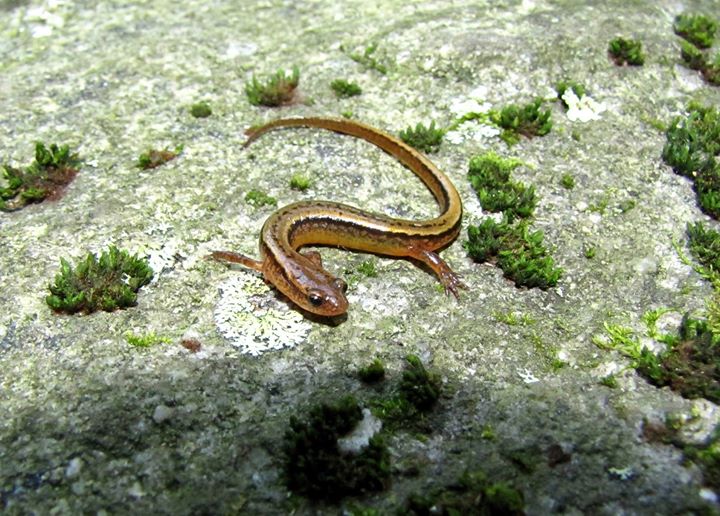
Great Hollow offers up to $5,000 in grants each year to support biological research at and beyond our preserve. The maximum amount awarded to a single project is $2,000. All areas of field biology are eligible, but those with a conservation application are the most competitive. Great Hollow Nature Preserve may be the only study site or may be one of multiple study sites used in the research. Applicants may be students (undergraduate and above) or professionals of any career stage, but they must be affiliated with an educational institution or other non-profit organization. The funds may be used for field assistant stipends, travel, or other expenses such as field and lab equipment and supplies. Awardees are eligible for free, shared housing at Great Hollow for the duration of their field season, depending on availability, and are welcome to use our lab, office, and other facilities at no charge.
Proposals will be evaluated on the basis of their novelty, scientific merit, soundness of the methodology, and ability to contribute significant new information to the published literature on the subject. Multi-year projects are eligible, but proposals for multi-year projects should include a clear outline of the schedule and anticipated timeline of progress. Awardees are required to submit a progress report one year after the grant has been received as well as a final report at the conclusion of the project.
Applications are due March 1st and awards are announced by April 1st of each year. To apply, please provide a brief cover letter, C.V., and a proposal of no more than 3 pages single spaced (not including references) that includes the project need, research question(s), methods, anticipated results, detailed budget and other sources of funding, and the expected contribution of the study to the relevant field. For any projects involving animal capture and restraint, please also describe your experience with the techniques that will be used and attach copies of all required government permits. Please note in your application whether you would like to be considered for on-site housing, and if so, for how long and during what time period. Email applications as a single PDF document to Dr. Chad Seewagen at with “GRANT APPLICATION_[Last Name]” in the subject line.
Past Recipients
2019
Eliza Grames, Ph.D. student, University of Connecticut: “The functional roles of bird counter-singing behavior in relation to time in breeding season and habitat quality”
2017
Nicholas Russo, M.S. student, University of Connecticut: “Avian spring migration as a dispersal mechanism for an invasive insect pest, the hemlock woolly adelgid.” Read Nick’s publication on this research here.
